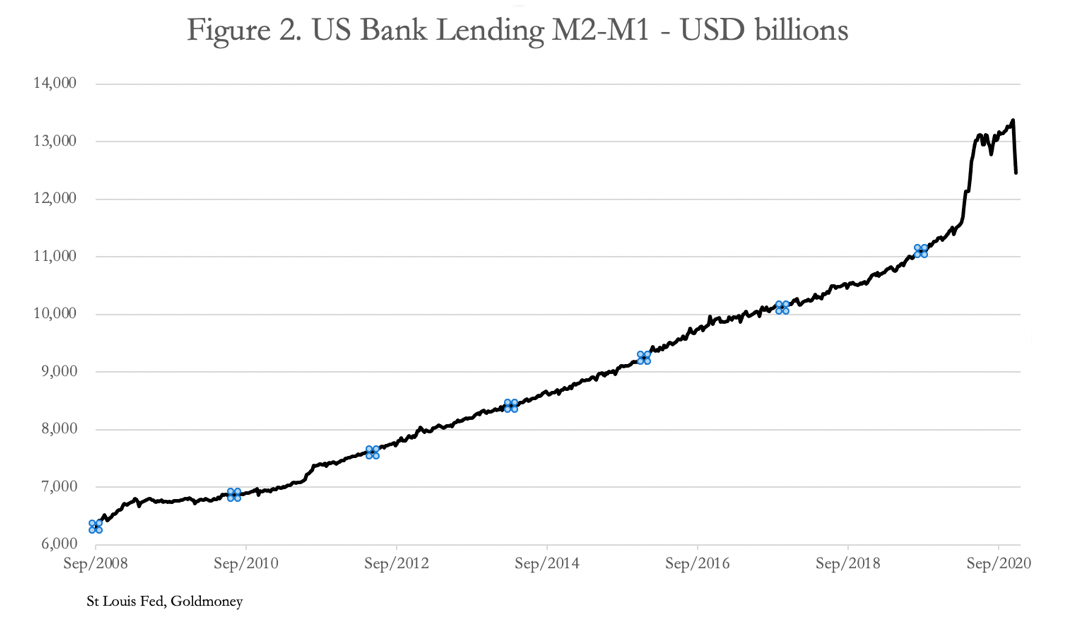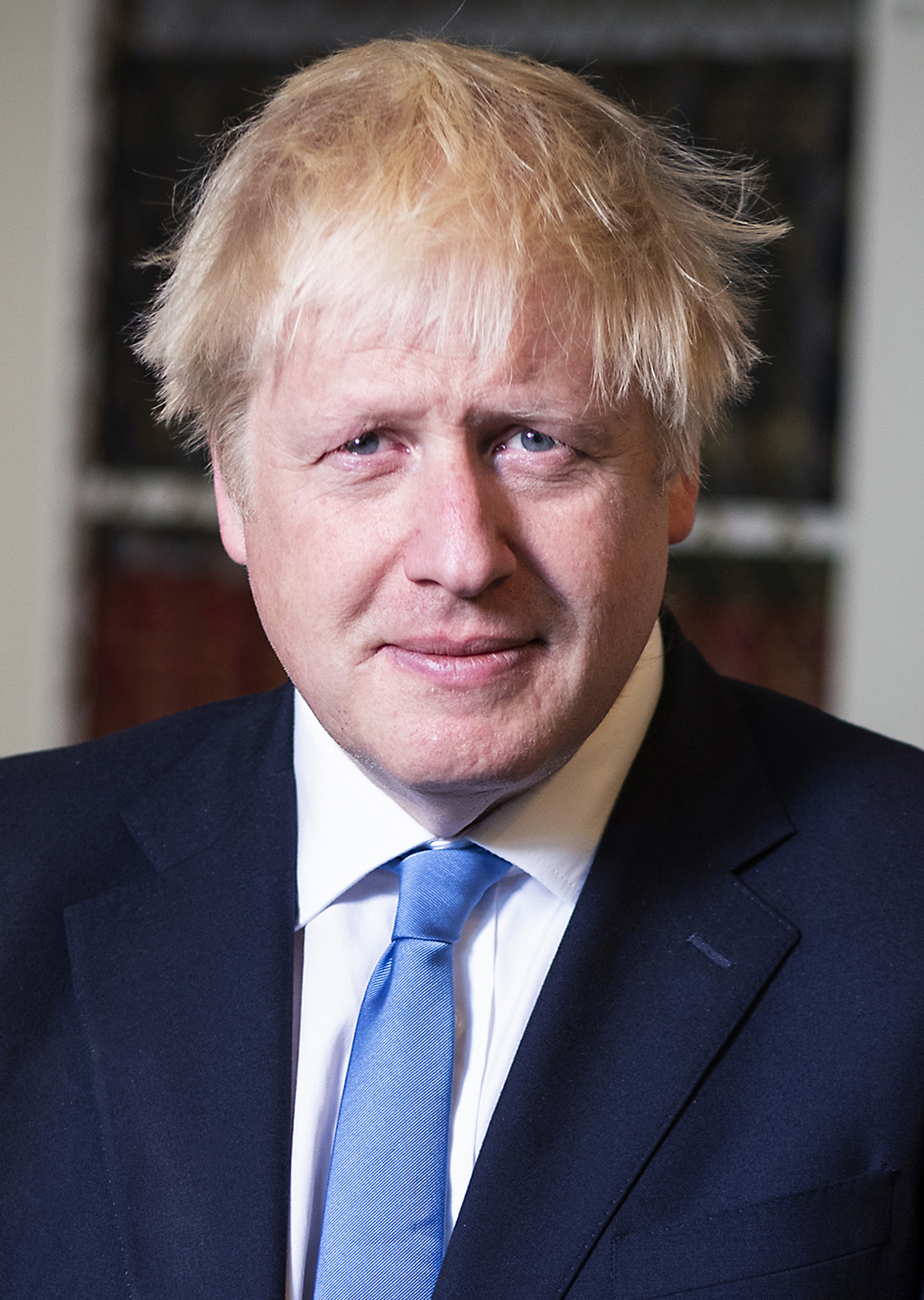The ignorance of the political and economical establishment is a never ending source of wonder, and rarely has it been so much on display as it has been this year. Having suspended reality for a year without any negative consequences to themselves, they have become emboldened. The most delusional of the lot speak openly about their visions of a brave new world. However, there's a limit to how long reality can be suspended before it comes roaring back with a vengeance, and that's when we'll see how clueless the elite has been all along. They will at first refuse to believe the damage that they've done, then they'll refuse to take any kind of responsibility, and then they will be ruined and chased out of town, as has happened many times before.
All of this is rather predictable. History is full of this kind of stories and it always ends the same way. Only those who have protected themselves against the collapse get away unscathed. Everybody else go down with the ship, including the clueless majority of the elite. Vocal world leaders and capitalists are rarely aware of the damage they are doing, and hence clueless as to the consequences of their actions. Gullible individuals are equally clueless. Many will never understand the scam, and those who do will realize it too late.
There will be few financial survivors, and they will have this in common: They know their history, and they know that basic laws of economics cannot be suspended without consequences. Very few of these people are outspoken about what they know, preferring to prepare in silence rather than engaging in endless debates.
A substantial minority of those who understand where this is headed are themselves part of the elite. They are profiting in the moment from the insanity of their peers, and gain nothing from warning others of what's going to happen. They prepare in very much the same way as the others, only with substantially more invested than the average person. However, the vast majority of the elite are clueless about the chaos they are unleashing, and the reason for this is threefold:
The most important reason for their ignorance is the size of their fortunes. With so much wealth, how can they possibly be ignorant of anything? They dismiss the very idea as absurd.
Secondly, we have the fact that things have gone very much according to the wishes of the elite, even in the face of a pandemic. They have accumulated wealth during this period, making them convinced that their interference in the economy has had no serious consequences.
Finally, there's the fact that the elite is not in any way as important as they like to think. The vast majority of them are parasites that simply leach off society. This is a truth it's hard to swallow, so they supress it with wishful thinking and monumental gatherings in places like Davos. They make grand plans for society in the false belief that they are the architects of our social order, and that it is this alone that keeps things together.
The truth is only understood and accepted by a small minority within the elite, and is similarly misinterpreted by the average Joe in the street. The vast majority of the elite have made their fortunes through political connections and meddling. They know their way through the halls of power, but are clueless to economy as such. They don't even understand the consequence of a national year off, where production of goods and services have been replaced by the production of currencies.
What is going on right now is similar to what happens when a family decides to take a year off by borrowing money to make up for the shortfall. It may look like nothing bad is happening to their finances, but the consequences of their reckless decision will be felt in the future. No law of economics has been suspended and no miracle has been produced. Only future hardships have been secured.
There simply is no way to suspend production and expect consumption to continue unabated. There will be consequences, and it's rather odd to see so many people thinking otherwise.
 |
| Klaus Schwab |
By Copyright World Economic Forum (www.weforum.org) swiss-image.ch/Photo by Remy Steinegger - https://www.flickr.com/photos/worldeconomicforum/2296517249/, CC BY-SA 2.0, Link



















